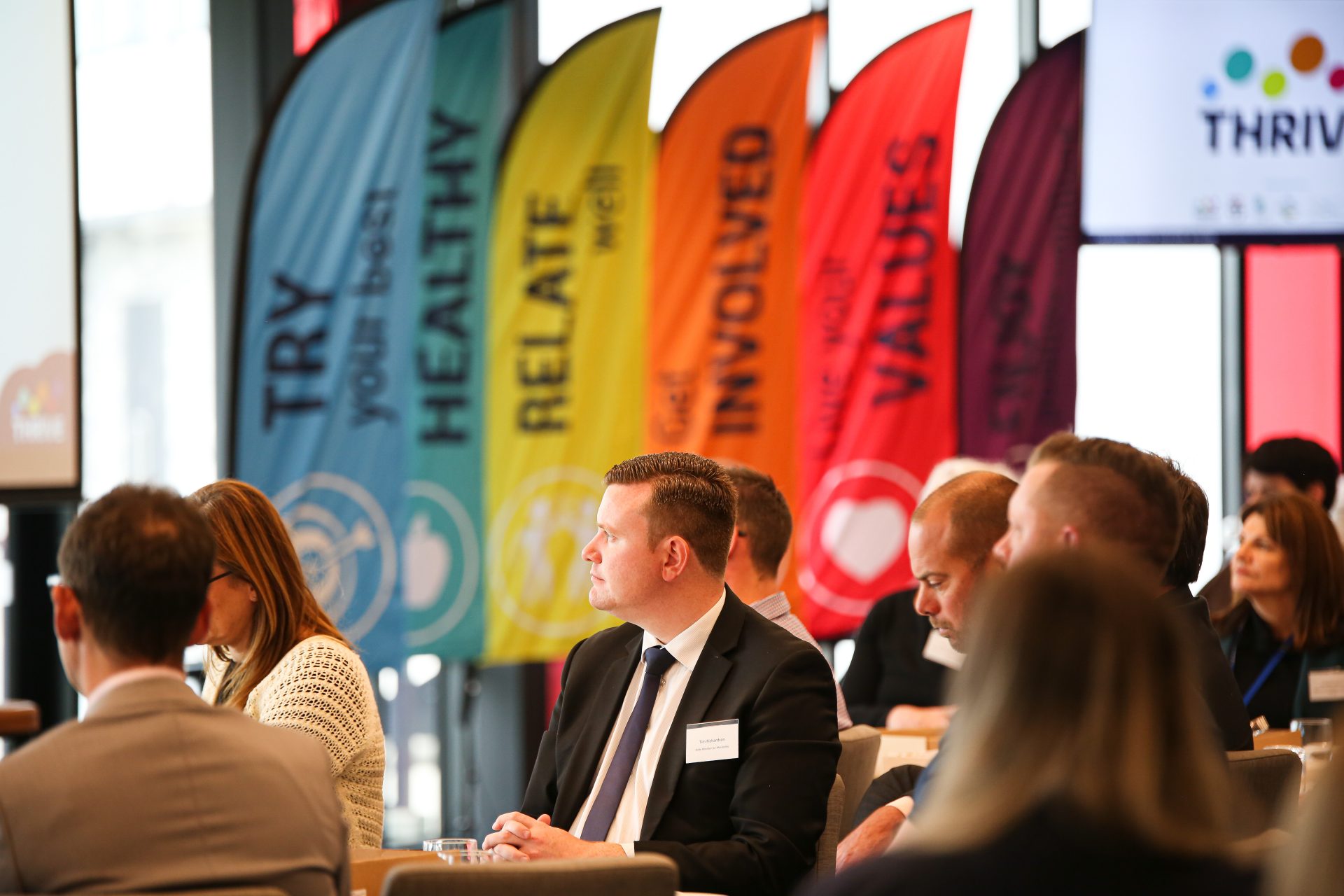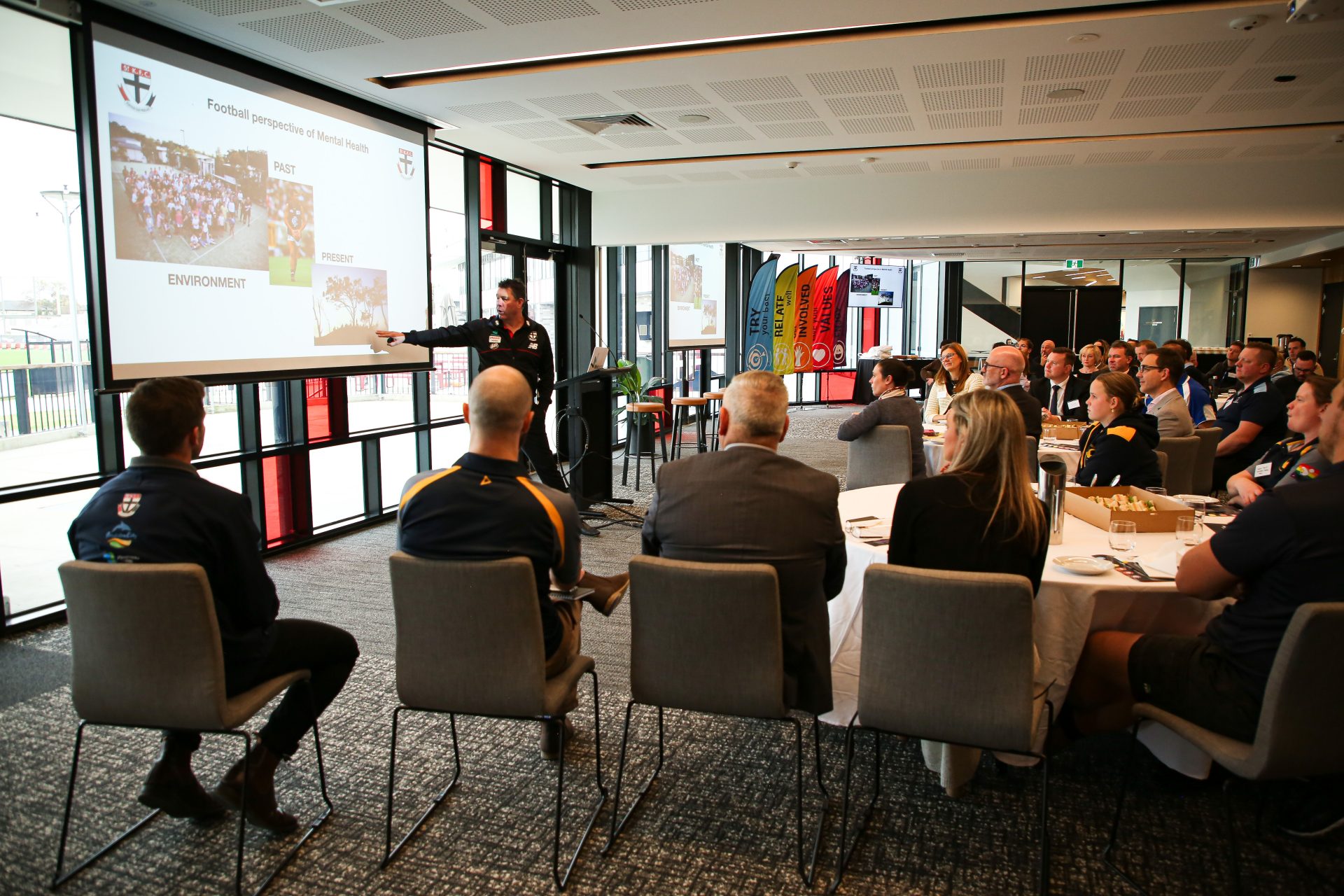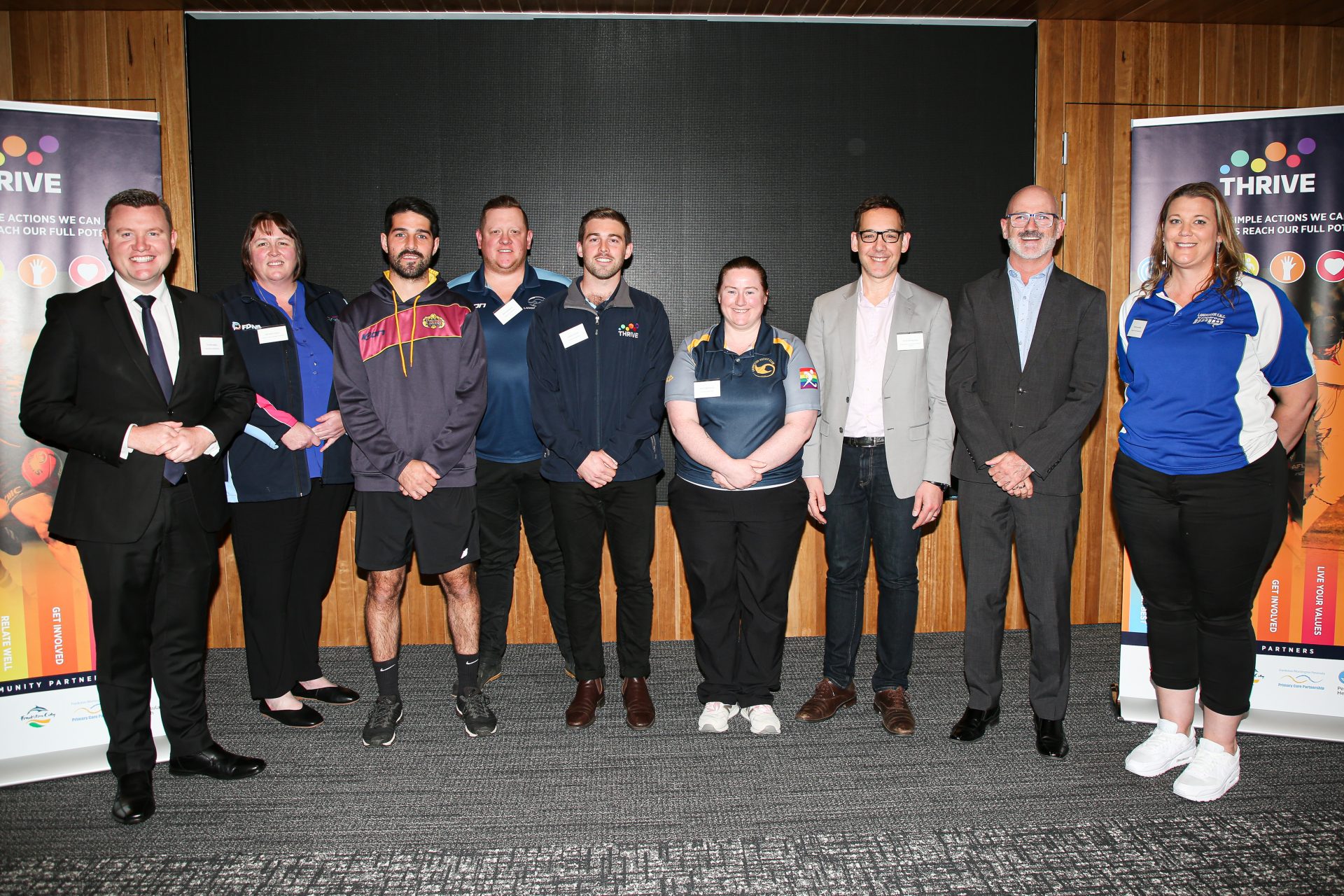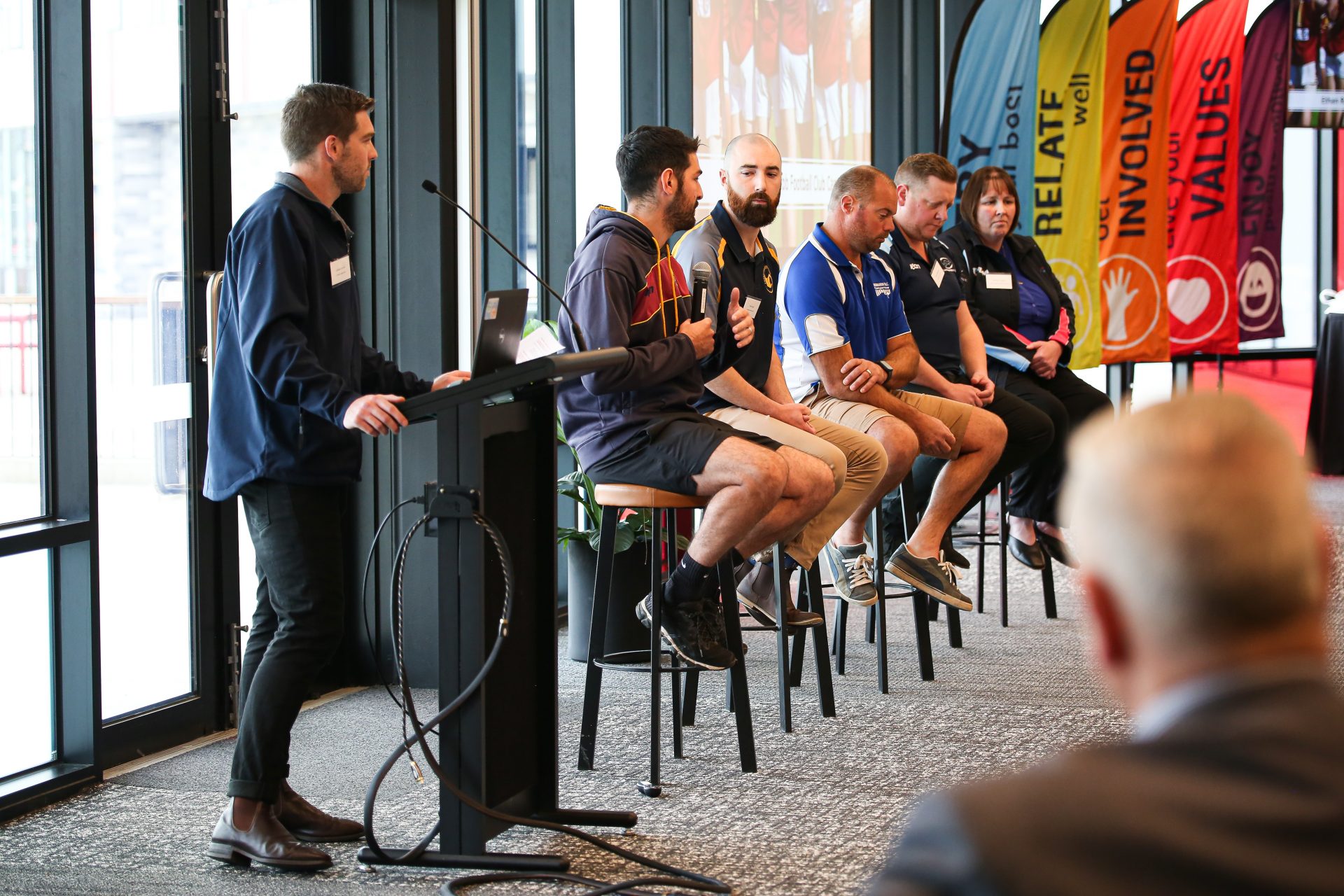Reducing self-harm in the community
On average 65,000 Australians attempt suicide each year
Suicide has a devasting impact on families, friends and whole communities.
Over 65,000 Australians attempt to take their life each year, and suicide is the leading cause of death for Australians aged 15-44.
According to the latest data from the Australian Institute of Health and Wellbeing the age-standardised rate of suicide in south east Melbourne was comparable with Victoria State (9.7 deaths per 100,000 population and 10.1 per 100,000 population, respectively). However, a Local Government Areas (LGAs) including Frankston, Mornington Peninsula, Greater Dandenong, Casey and Cardinia in the south east have been more acutely impacted by suicide.
SEMPHN, in partnership with the Victorian Government, is continuing to support communities as part of the Place-Based Trials to reduce the incidence of suicide through a coordinated place-based approach to suicide prevention across the LGAs of Greater Dandenong, Casey, Cardinia, Frankston, and the Mornington Peninsula.
In 2020-21, SEMPHN partnered with lived experience organisations, leading training institutes, local hospital networks, mental health providers and sport and recreation clubs as part of a ‘whole of community’ approach to reduce and prevent suicide.
The Way Back Support Service
In 2020-21, The Way Back Support Service received 250 client referrals across its two sites: Casey and Dandenong hospitals
Paul’s Story
People who have attempted suicide are identified as being at significant risk and the 24 hours, one week and up to three months following a suicide attempt are critical to ensuring people keep safe and can work through the hardships which are affecting their lives.
In 2020, SEMPHN commissioned Better Place Australia to deliver The Way Back Support Service to individuals who have been discharged from Casey and Dandenong Hospital’s emergency department following a suicide attempt or crisis.
The service model, designed by Beyond Blue, assigns individuals to a Support Coordinator upon discharge who helps guide and support them through their recovery.
The Way Back Support Service uses a non-clinical, assertive outreach service model. This means it is focused on connecting people with informal and formal supports by providing guidance, encouragement, motivation and follow-up support. The intervention is time-limited, with support provided for three months following a suicide attempt.
People who have attempted suicide often experience severe distress in the days and weeks afterwards and are at high risk of attempting again – Better Place Australia
Fifty-two year-old Paul accessed The Way Back Support Service following a suicide attempt. Find out how the coordinator, Clint was able to support Paul in his journey to recovery.
For more information on The Way Back Support Service visit: https://www.semphn.org.au/news/news/302-new-suicide-prevention-service-for-casey-and-dandenong.html
THRIVE creates positive wellbeing in sport and recreational clubs
Funded by SEMPHN through the Place-Based Suicide Prevention Trials, THRIVE is a pilot program led by the St Kilda Football Club in partnership with the THRIVE Collective. Members of the Collective include: Langwarrin Positive Education and Community Network, Peninsula Health, Frankston City Council and the Primary Care Partnership.
The acronym THRIVE reflects a philosophy that urges young people to Try their best, be Healthy, Relate well, get Involved, live their Values and Enjoy positive emotions
In May 2021, SEMPHN welcomed Parliamentary Secretary for Mental Health Steve Dimopoulos to officially launch THRIVE, a program to develop positive mental health and wellbeing across sport and recreational clubs in Frankston and the Mornington Peninsula.

Mr Dimopoulos was joined by key speakers Renee Tsastis, LivingWorks Australia; Sarah Roney, Langwarrin Positive Education Network; Tim Harper; Elizabeth Murdoch College; and Dr Ben Robbins and Brett Ratten from St Kilda Football Club.
Successfully implemented in schools as part of the Langwarrin Positive Education and Community Network, THRIVE was originally designed to nurture positive mental health and wellbeing in young people, while supporting their academic achievement.
So far, the THRIVE program has engaged 13 sport and recreational clubs across Frankston and the Mornington Peninsula, implementing the THRIVE principles to approximately 8,500 staff, players and club members.
During the pandemic, THRIVE successfully provided a framework for clubs to strengthen their online presence and continue to engage members in remote activities, despite all formalised sport and recreation being restricted by public safety measures.
THRIVE supports local club through grief
In 2021, THRIVE was able to support a local club following the loss of one of their players to suicide. This included identifying key roles for the response and providing appropriate communications.
Through this engagement, club members who were impacted were given access to grief resources and bereavement support through local networks: Jesuit Social Services, headspace and the Elizabeth Murdoch College Wellbeing Team. Debriefing sessions were also provided to team members and parents through Sports Chaplaincy Australia.
THRIVE continued to extend its support to the team, offering greater presence and resources as they returned to their first game.
For further information on THRIVE visit https://www.semphn.org.au/news/news/328-local-sports-clubs-offer-wellbeing-support-through-thrive-program.html.
Suicide First Aid Training
SEMPHN’s invested over $255,000 over two years to provide suicide first aid training for people living or working in the LGAs of Frankston-Mornington Peninsula, Dandenong, Casey and Cardinia.
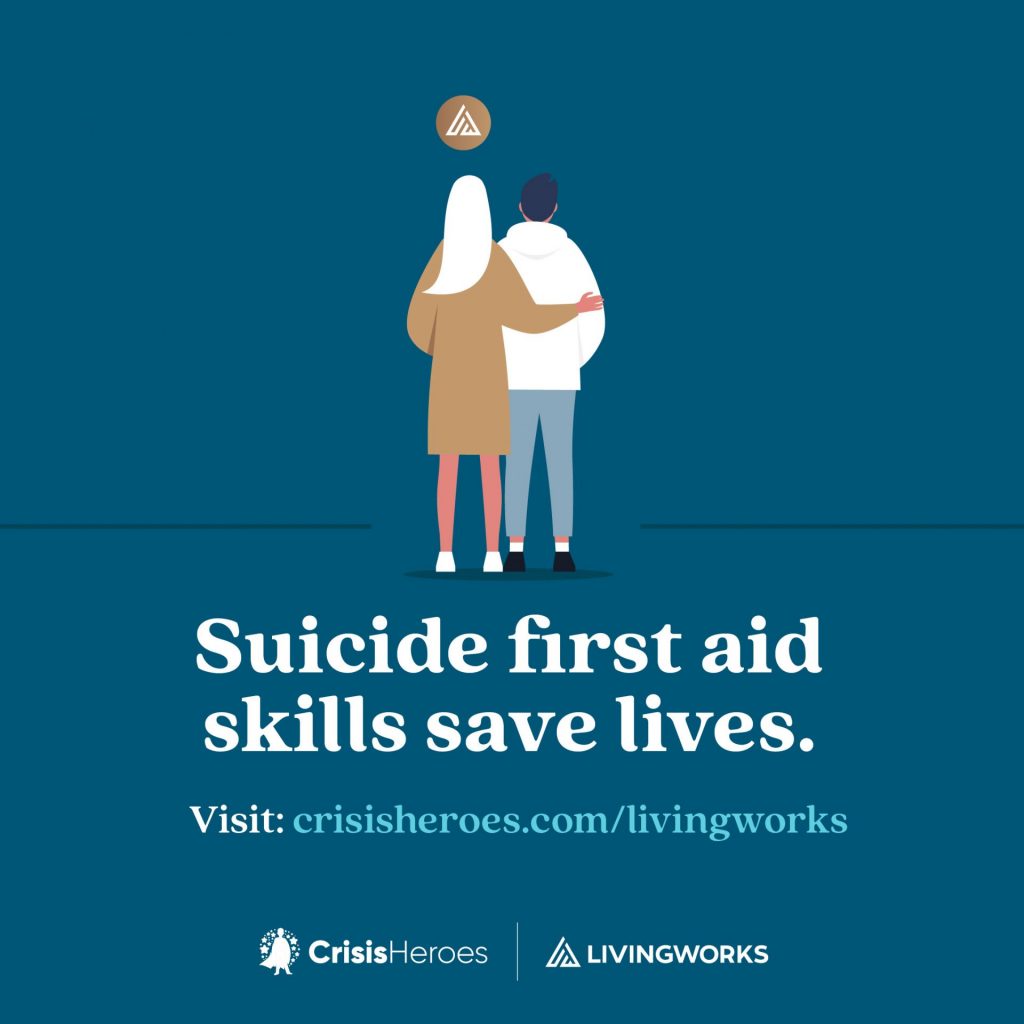
In 2020-21, SEMPHN partnered with national training provider, LivingWorks to deliver free online and face-to-face training across Frankston, the Mornington Peninsula and the Greater Dandenong, Casey and Cardinia regions.
This training was offered as part of the Place-Based Suicide Prevention Trials, a partnership between the Victorian Department of Health and Victorian Primary Health Networks. The suicide intervention skills training programs are designed to increase community awareness and teach vital skills on how to intervene with those most at risk.
The founders of LivingWorks believe that almost anyone can learn the skills to save a life.
Consumers and those working in the mental health sector across? were given the opportunity to access suicide first aid training through one of LivingWorks three training programs – START, safeTALK and ASIST.
SEMPHN also supported the recruitment of local community members through an expression of interest process. Through its Train the Trainer program, 11 community members were supported to become qualified to deliver training in the ASIST and safeTALK programs.
Due to ongoing restrictions across Victoria, LivingWorks partnered with SEMPHN, North Western Melbourne Primary Health Network (NWMPHN) and Crisis Heroes to develop an online suicide first aid outreach campaign.
The campaign called on community members who were already participating in LivingWorks training to use their skills to support those in need and encourage more Australians to upskill in suicide first aid. The goal was to help visibly increase ‘in-community’ support and expand the network of safety within communities.
The campaign launched on RUOK day, 9 September 2020 and garnered significant community interest and uptake of the START training program, funded by SEMPHN.
Key Highlights
In 2020-21:
- 570 participants enrolled in LivingWorks training
- 128 participants have commenced the training
- 299 participants have completed the course
- 143 participants intend to start the training soon
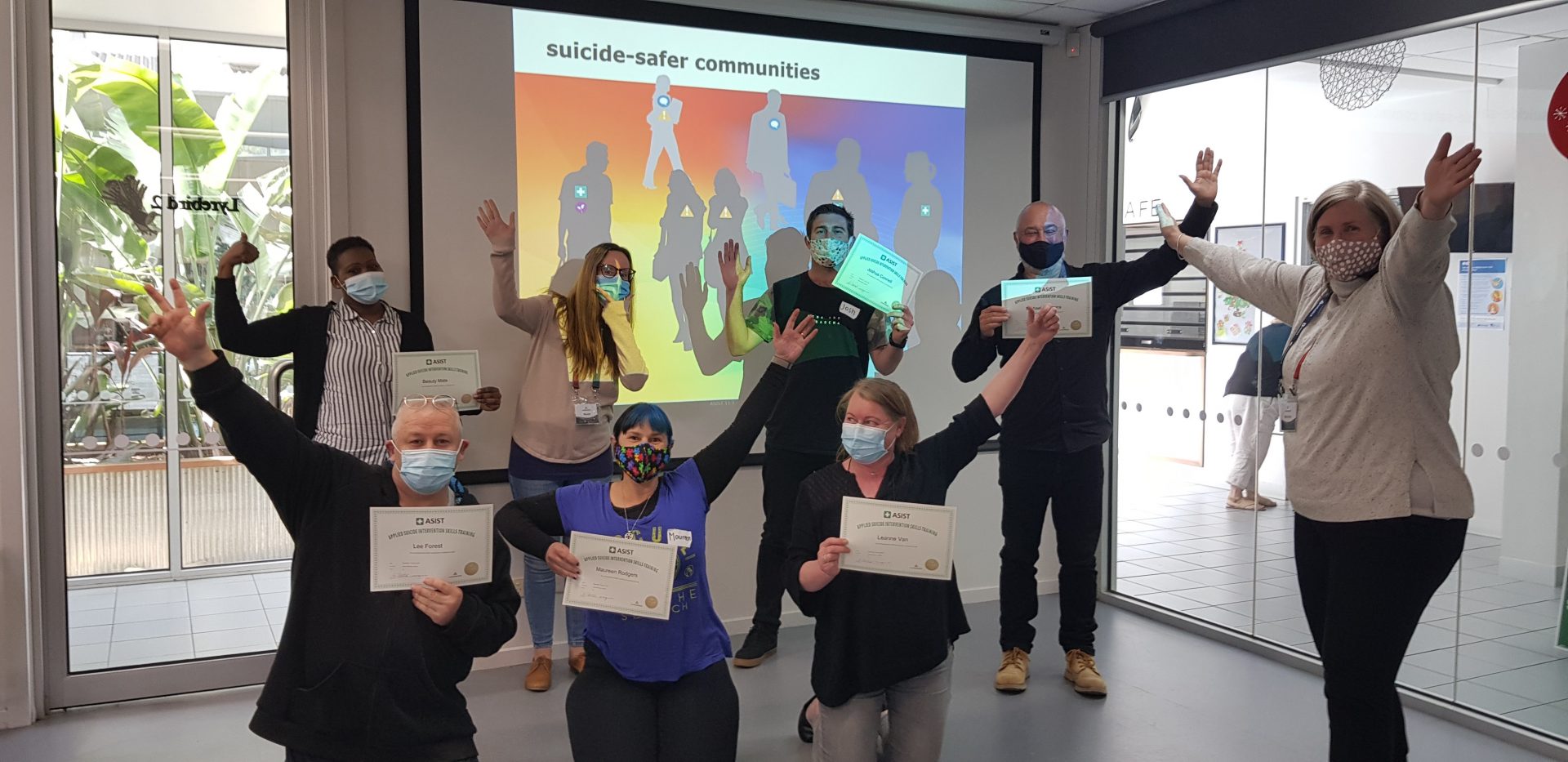
Whole-of-practice training to reduce suicide
In 2020-21, SEMPHN partnered with the Black Dog Institute to deliver whole-of-practice suicide prevention training for general practice and pharmacy staff in Frankston, the Mornington Peninsula, Dandenong, Casey and Cardinia local government areas.
The training provided health professionals with skills on how to recognise and intervene with those most at risk of suicide, equipping them with the skills to further play a role in preventing suicide.
Due to the pandemic, SEMPHN helped facilitate the transition of the face-to-face training workshops to online training.
Key Highlights
From December 2020 – June 2021:
- Four suicide prevention workshops for GPs, 41 GPs participated
- One suicide prevention workshop for pharmacists, 8 pharmacists participated






 More services to meet mental health needs
More services to meet mental health needs
 Increased support for suicide prevention
Increased support for suicide prevention